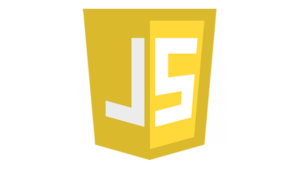22 Mar JavaScript Introduction and Features
JavaScript is an interpreted programming language, invented by Brendan Eich in 1995. It is a lightweight, dynamic, object-based, weakly typed, and multi-paradigm programming language. It makes web pages interactive and it is supported by all modern browsers.
JavaScript is one of the three essentials of WWW, with CSS and HTML and each JavaScript engine represents its different implementations. These implementations are based on the ECMAScript specification.
The initial development was called Mocha, but officially the name LiveScript was finalized in September 1995. It was again renamed to JavaScript in December 1995.

Features of JavaScript
1. High-Level & Interpreted
- JavaScript is a high-level language with automatic memory management (garbage collection).
- It is executed line-by-line (interpreted) by the browser or runtime (like Node.js), though modern engines use Just-In-Time (JIT) compilation for optimization.
2. Dynamic Typing
- Variables can hold any data type (e.g.,
let x = 5; x = "hello"). - Types are checked at runtime.
3. Multi-Paradigm
Supports procedural, object-oriented (prototype-based), and functional programming styles.
4. Prototype-Based OOP
Uses prototypes for inheritance instead of classical classes (though ES6 introduced class syntax as syntactic sugar).
5. Event-Driven & Asynchronous
Supports non-blocking operations via callbacks, Promises, and async/await for handling I/O operations (e.g., API calls).
6. Single-Threaded with Concurrency Model
Runs on a single thread but uses an event loop to handle asynchronous tasks without blocking.
7. Dynamic DOM Manipulation
Can modify HTML/CSS in real-time, enabling interactive web pages.
If you liked the tutorial, spread the word and share the link and our website Studyopedia with others.
For Videos, Join Our YouTube Channel: Join Now
Read More:
- jQuery Tutorial
- Tableau Tutorial
- Generative AI Tutorial
- Python Tutorial
- Data Science Tutorial
- Numpy Tutorial
- Pandas Tutorial
- Matplotlib Tutorial
- MySQL Tutorial
- SQL Server Tutorial


No Comments